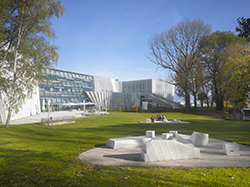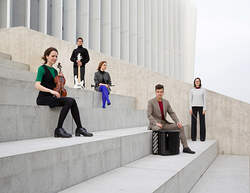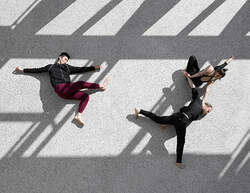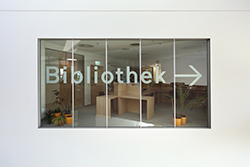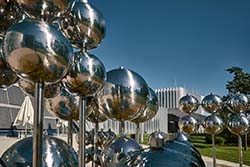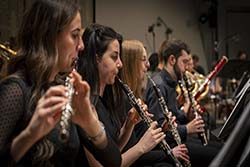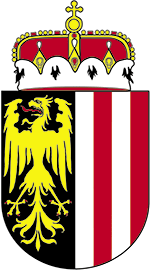25 November 2020
7 – 9 pm
Dolma Jover
Guest: Idoia Murga Castro
Cachucha A Transcultural Research: Embodiment and Interaction.
An artistic research project which focuses on the practise of the art of dance with the aim of reformulating theoretical and praxeological interactions in the cultural and dance archive.
Through the embodiment of the Cachucha dances I intend to initiate a gestural negotiation process based on connections and (dis)-connections, where delegation of the emotions, cross-disciplinary experience and decentralisation of the dance material opened the idea of a network of interactions that might serve as a source of documenting and articulating distinct perspectives of thought, action and perception on Spanish dance and any form of dance making Contemporary dance forms more agile and flexible in terms of production, concept, and the dance topic itself.
2 December 2020
7 – 9 pm
Constantin Georgescu
Guests: Manuel Pelmus und Mariama Diagne
Mapping Worldmaking: Encoding Experience in Dance by Constantin Georgescu adopts a phenomenological point of view to research dance and choreography by considering the processes of corporeal mediation and chiasmatic sedimentation which are forming the dance prior to its final stage. In this sense, the project investigates and expands on the methods and procedures of negotiating the heterogeneous territories involved in choreographic practices. At the same time, it maps and explores overlaps and intersections between perceptual frames and linguistic realms and questions traditional notions of archiving through an embodied understanding of dance experience.
9 December 2020
7 – 9 pm
Damián Cortés Alberti
Guests: Scott de laHunta and Mariama Diagne
Choreo-Graphing into Transmediality: Labanotation as Chiasmatic Structure of Affect and Understanding.
This doctoral investigation examines the internal processes that occur between movement creation and its notation, and conversely, the relationship between notation and movement production. It also addresses the multiple linkages between movement design, execution, interpretation, expression, and notation systems, as well as the signi<icance of scoring systems in the understanding and study of dance history. The objective is to examine the characteristics of media transformation in dance practices to develop strategies for the production and study of Dance as a discipline. By combining systems of movement notation with choreographic practices in an unorthodox way, this research aims to distinguish the acts of appropriation and transpositions that occur in the moment of media transformation to generate a body of conceptual, theoretical, and practical knowledge that proves itself useful for researchers interested in Dance as a complex phenomenon.
15 December 2020
7 – 9 pm
Guests: Marion Bastien und Karine Montabord, Centre Nationale de la Danse Paris.
The Centre National de la Danse, a place for research networks (PhD students and notation)
Marion Bastien from Centre national de la danse (Pantin, France) will present first some of the core missions of the Centre, a public establishment, founded under the initiative of the Ministry of Culture in 1998, then the notation network in France and abroad.
Karine Montabord, PhD student at Université de Bourgogne (Dijon, France), will discuss her ongoing thesis research on Dada and dance, and then the organization of Atelier des doctorants [PhD students workshop], a network initiated by Centre national de la danse.
21 December 2020
7 – 9 pm
Arno Plass
Guest: PD Dr. Sibylle Peters
Sediments of the Future - On the Virtuality of the body Schema along the Body Practice of Queer Tango.
This PhD-project wants to find out whether a practice like Queer Tango is suitable for effecting a plurality-friendly transformation within a sociocultural web. It emphasizes the importance of understanding human action as collective experience and is interested in a possible change through non-conventional (body and sociocultural) movement. Conceptually, this project draws on practicebased field research on movement in queer tango by shedding light on how a practice like Queer Tango interferes with the sociocultural sediment in the long run and how agency is provided for a plural society through participation within Queer Tango. This approach thus considers the many facets which both the individual and the others are subjected to when finding themselves in an interand transcorporeal practice.
